Barbie movie as a yogic self-realization journey
8The movie awards season is in full swing, and with it came a new crop of critical articles that bravely claim not to like the Barbie movie despite all the hype. The arguments in those articles often seem a little shallow to me because, personally, I thought that the Barbie movie was the most accurate and approachable portrayal of the yogic self-realization journey that I’ve seen in a while. So today, I wanted to share what I saw in the movie and get your thoughts on it.
I would like to preface it by saying that I have no pre-judgment about Barbie the doll whatsoever. I don’t have any nostalgia because I’ve never played with Barbie; it just wasn’t available in my native country when I was growing up. I never had any positive (She can do anything!) or negative (She sets an unrealistic and sexualized standard of beauty!) associations with Barbie. To me, she was just a doll. And, of course, I always look at things through my experience as a yoga teacher and yoga therapist. I wasn’t planning on watching a movie until a couple of weeks prior to its official release when the song from the movie “I’m Just Ken” showed up on YouTube. I must admit, I was stunned by the message. The song is a fun, festive affair with cool dancing and amazing acting by Ryan Gosling, but it was the main line from the song that stopped me in my tracks: “I am just Ken, I am enough.” Wow, I thought, that’s straight from the yoga sutras. Sutra 1.2 (loosely translated) says that through yoga, you see yourself for exactly who you are without all the noise. In the song, that’s what Ken wants to be acknowledged for – just for being who he is. Doesn’t matter what stuff it is he is good at doing, his washboard abs, or his adoration for Barbie. Just see me for me is the main message of the song. OK, this is the message I can get behind, I thought and promptly bought Barbie tickets for my whole family.
The movie didn’t disappoint. For all its visual splendor, cool outfits, and flashy musical numbers, it clearly traces the journey of the main character through a crisis period in her life and shows what it took for her to arrive at her new reality. In the beginning, Barbie’s world is perfect – her house, her friends, her outfits, her routine, and her life in general are splendid and predictable. And then boom, something happens that evokes existential fears. Just like for any one of us, or our students, things seem to be going swimmingly until we get a diagnosis, lose something or someone, or are thrust into a worldwide pandemic, or whatever other challenges life can throw at us. Our survival-oriented brains inevitably trace the new challenge all the way to the worst outcome – will I survive this? Existential fear is always lurking in the back of the mind, whether or not it is acknowledged. For Barbie, it’s her newly flat feet that are somehow connected to the thoughts of death. So, where do we go from here?
Well, usually, we start to look for answers and try to fix the issue so that we could go back to the way things were. Barbie is not eager to embark on a life-changing journey; she just wants to return to her perfect life. Most of us respond to the new challenges in the same way. We just want to remove those obstacles from our path so that we can restore the previous order. Little do we know that things will never be the same, but it takes a long, long way to arrive at that realization.
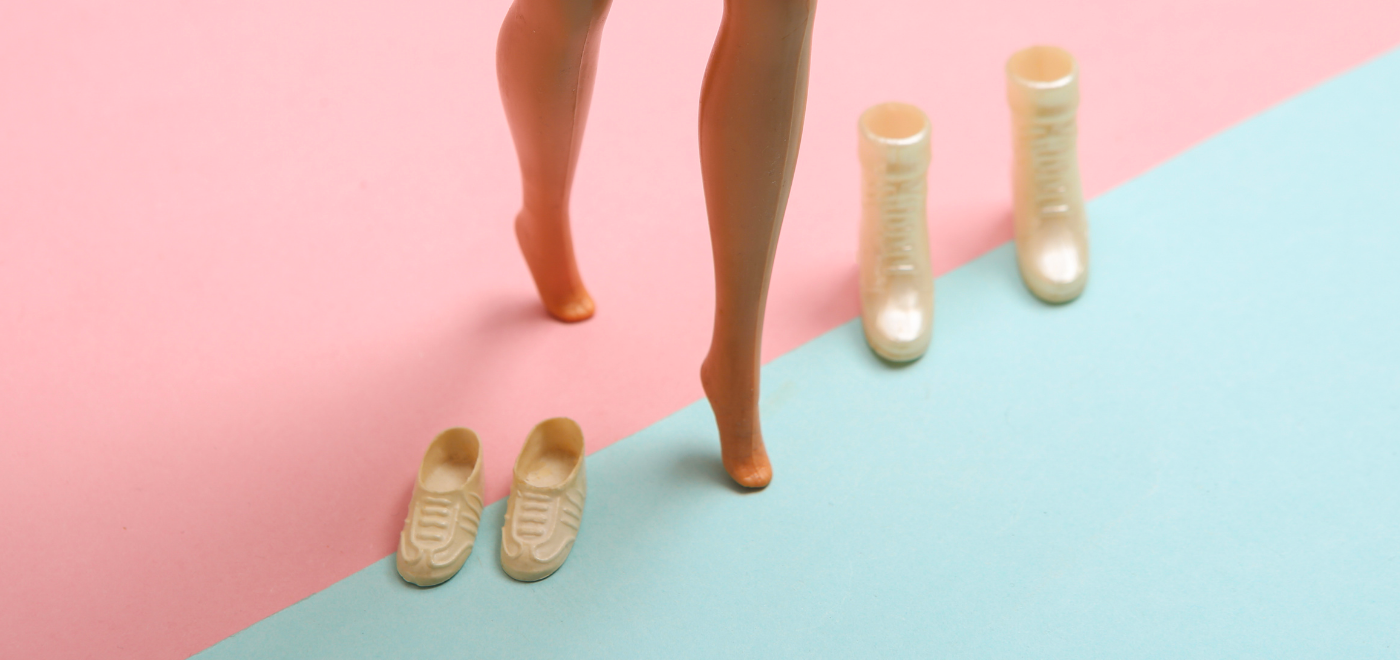
Barbie embarks on the journey to figure out what’s going on and encounters various challenges to her self-perception. She always thought of herself one way, but she learns that in the real world, she is perceived completely differently. There are as many opinions about her as there are people, and many of those opinions are not very flattering. She is objectified and dismissed. She also discovers that beauty can be different from the standard that she is used to, and it doesn’t have to be perfect (like in the scene with the older woman on the bench). She also discovers that many people would much prefer to shove her back into the box and halt any sort of inner exploration (“Put that doll back in the box!” screams the president of Mattel). Similarly, any time we go through a significant change in our lives, there will be people who try to steer us according to their own beliefs, misunderstand us, ridicule us, objectify us, or abandon us altogether. Hopefully, however, we can find a new support system, just like Barbie did with Gloria and her daughter.
Once this inner exploration process gets on its way, Barbie returns back to her life to discover that it has completely changed. All the things that she valued and defined herself through – her friends, her house, her wardrobe, her place in society, and her whole way of life – are gone. Similarly, following serious challenges, we can find ourselves stripped bare of the things we held on to and the roles that we defined ourselves through. This sense of untetheredness is extremely disorienting and can lead to serious emotional upheaval. Who am I if I am not a wife, yoga teacher, homeowner, successful business owner, attractive female, fit athlete, etc.? This loss is unbearable to Barbie, so she goes basically catatonic and unable to see her way out of the situation. Luckily, she has her support system to help her through. The only way forward for her is to reclaim her personal power and figure out a way to exist and thrive in this new reality. For Barbie, this means reprogramming her friends who have been brainwashed and for all of them to collectively reclaim their power and their way of life. The whole de-programming process is hilarious and full of subtle references and acute observations of the male-female dynamics, which makes it even more delightful. The way we reclaim our own power and reintegrate with the “new normal” after difficult life periods is different for everyone, but this is a place where we can be particularly useful to our students and help them figure out what that empowering process looks like to them.
The new reality that dawns on the Barbieland is different and maybe, a bit more mature and honest. Ken went through his own parallel process of self-exploration, and both characters arrive at the new and somewhat unsettling reality that they do not need to define themselves through their possessions, their roles, or their relationships with one another. Just Ken, or just Barbie, is enough. And this is what yoga is. Patanjali states that yoga is what happens when the mental noise settles, and you stop defining yourself through things and roles that you hold on to. You cannot see yourself clearly and make conscious choices as long as you view yourself through the opinions and expectations of other people. Gloria’s monologue captures it perfectly when she vents about the unrealistic expectations and demands that society places on women. It’s impossible to keep up with all of that, and, ultimately, why should we?
So what happens afterward? Exactly what Barbie said: “I don’t want to be something that is created, I want to be a creator.” This is the fundamental shift in perception. We want to be the makers of our journey, the writers of our own story, not something that is made or written by the opinions in our society, family, or our own insecurities. It is both liberating and terrifying to be the creator, but we need to get there if we want to feel powerful and capable in our own lives.
This journey is the process that I observe again and again in myself and my students. This is how we learn and grow. And I appreciated seeing it developed in Barbie. The movie was a delight for me in many other ways, including its take on the patriarchy, women’s self-value, Ken’s journey, and the mother-daughter dynamic. I always appreciate the stories that are both subtle and obvious, that have a distinctive story thread while also artfully weaving multiple character journeys and commentary on modern society, stories that are funny but also make you think.
Was every scene in the movie perfect? Probably not. Does it deserve to be the year’s best movie? I don’t know. But I would certainly like to celebrate the director, Greta Gerwig, who took a plastic doll on a classic spiritual journey of self-discovery in a whirlwind of pink and glitter and managed to do it in a way that didn’t moralize or preach. And if box-office success was an indicator, the move had resonated with audiences around the world, whatever message they got out of it. It makes me feel hopeful that, collectively, we are on a journey of self-discovery. What did you think?
In a couple of weeks, we will talk about what we, as yoga teachers and therapists, can do to support and facilitate the healing journey for our students – tune in!
[jetpack_subscription_form]


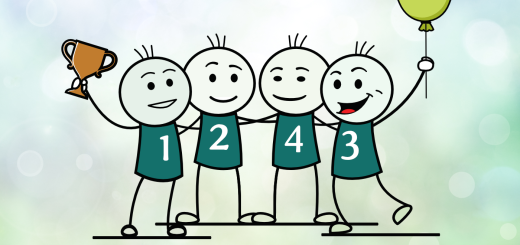

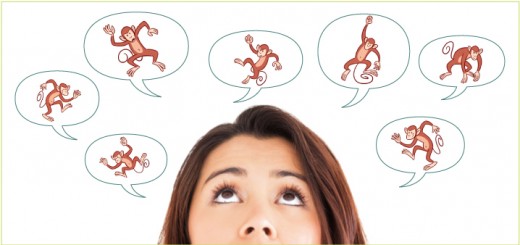

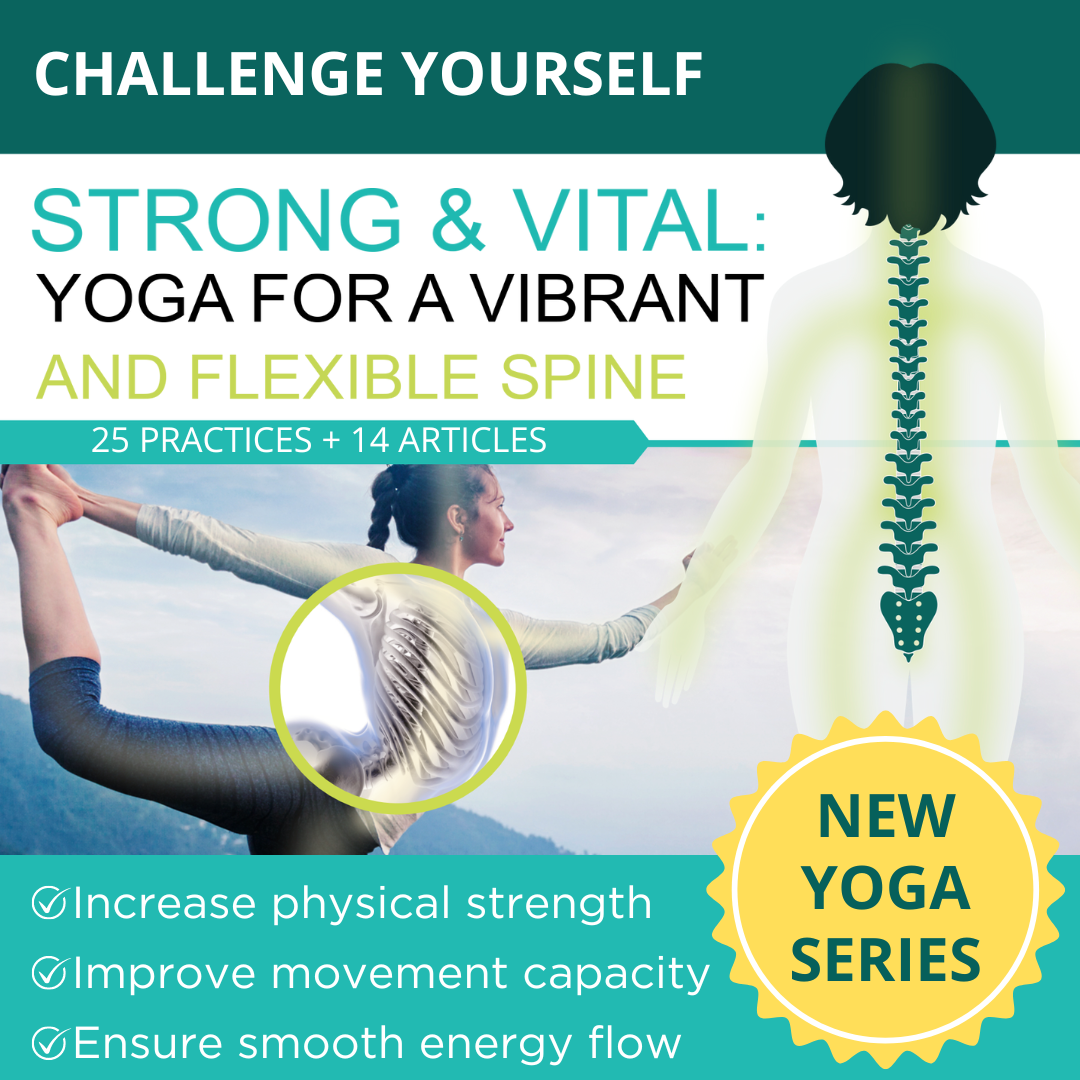
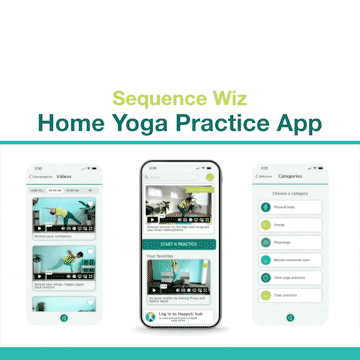
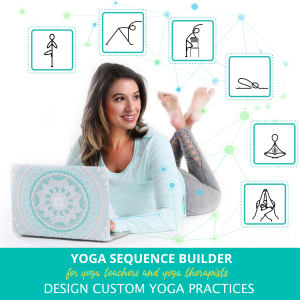


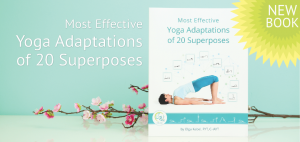
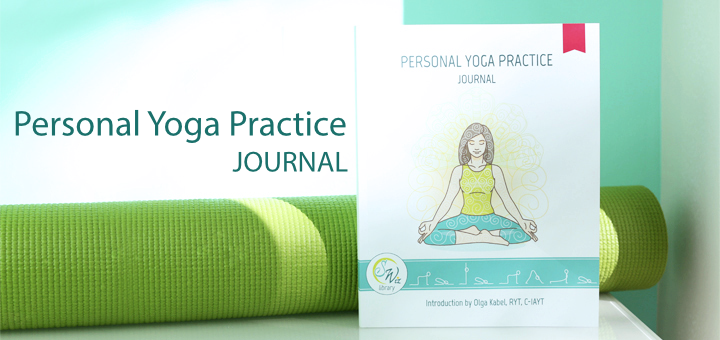





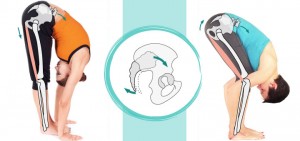
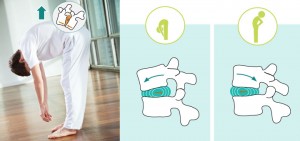
YES!!!
Thank you for completely and thoroughly describing exactly why I loved this movie so much!! I had to watch it twice as I was absolutely blown away by the visuals AND storyline!! It is packed with so many layers: fun, heartfelt, thought provoking ~ a powerful package for all to see!
After reading this I realised that I wasn’t paying enough attention to the clever nuances of the script and your description opened my eyes and also came at just the right time for me, a period of great and unsettling change. Thanks Olga, you’re a legend x
Thank you Olga! I really enjoyed reading your view of the movie through the lens of yoga. I enjoyed the movie first time and I’m now going to watch it again with this in mind. I agree that Greta Gerwig should be congratulated for creating a film that was fun but also has so many interesting layers.
This is a worthy tribute to what I consider a great movie. It is layered; at first glance (or viewing) it’s a really good comedy. And then with subsequent viewings- the subtle layers emerge. Frankly it is my number one choice for Oscar recognition ( and I have seen the entire list), because the movie deals with so much!
This is a great post Olga. Thank you for all you do, which is much!
I think the Barbie movie was pure prooaganda. Hate men bull
Hmm, I had the opposite perception. I felt that the movie was very supportive of men and had the exact same message for them: You are valuable exactly as you are, no matter who your girlfriend is or if you have one.
Thank you so much. Olga, for your beautiful synopsis and explanation of the the movie, Barbie. I have not seen it and wasn’t going to see it but now I will find it and watch it. And I love the way you wove yoga philosophy into your critique!! Thanks, so much.
I really enjoyed the movie and I really enjoyed your analysis within a yoga framework. I plan to watch the movie again as it has so many nuances. What may look simple on the surface level is quite layered and complex – quite a feat for the director to accomplish.